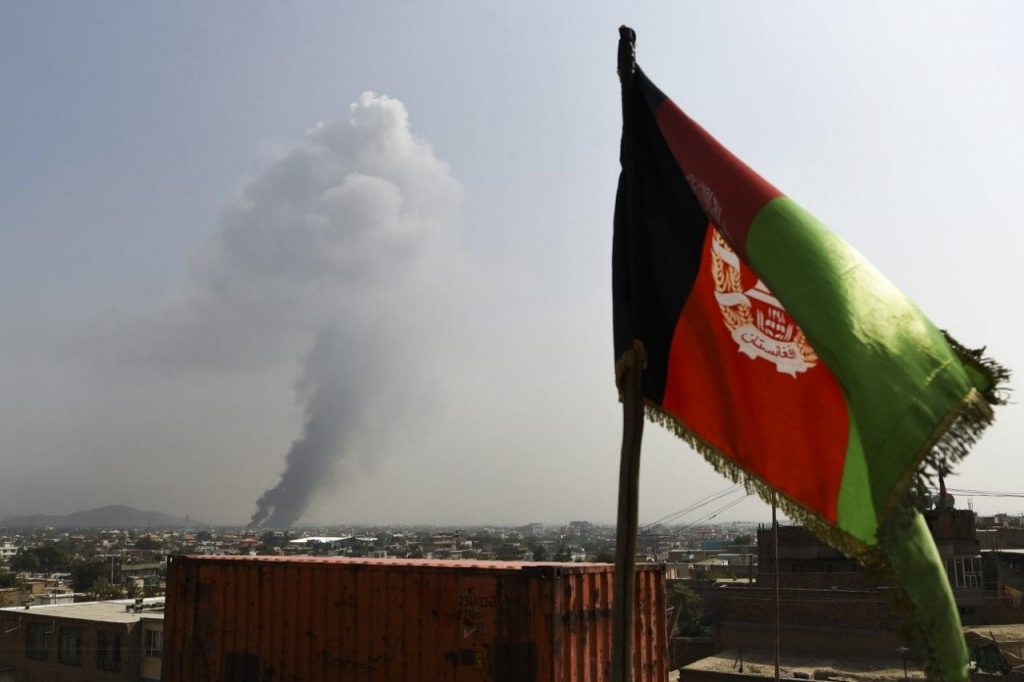Afghanistan’s Terrorism Challenge: The Political Trajectories of al-Qaeda, Taliban, and ISIS
Original source: Middle East Institute
Afghanistan remains at the center of U.S. and international counterterrorism concerns. As America prepares to pull out its military forces from the country, policymakers remain divided on how terrorist groups in Afghanistan might challenge the security of the U.S. and the threat they pose to allies and regional countries. Advocates of withdrawal argue that the terrorism threat from Afghanistan is overstated, while opponents say that it remains significant and is likely to grow after the drawdown of U.S. forces. This report evaluates the terrorism challenge in Afghanistan by focusing on the political trajectories of three key armed actors in the Afghan context: al-Qaeda, the Afghan Taliban, and the Islamic State.
Three sets of findings are key. First, al-Qaeda remains resilient in Afghanistan and seeks a U.S. withdrawal. The U.S. government believes al-Qaeda chief Ayman al-Zawahiri is in Afghanistan. After several challenging years, al-Qaeda appears to have improved its political cohesion and its organizational capital seems to be steadily growing. The status of the group’s transnational terrorism capabilities from Afghanistan is unclear; they are either constrained or well-concealed. Al-Qaeda retains alliances with important armed groups, such as the Afghan Taliban and the Pakistani insurgent group, the Tehreek-e-Taliban Pakistan (TTP).
Second, contrary to portrayals of the Afghan Taliban as factionalized, the group appears politically cohesive and unlikely to fragment in the near future. Major indicators suggest its leadership is equipped to manage complicated intra-elite politics and the nationwide rank-and-file without fragmenting. Much of the Afghan Taliban leadership seems to have no real intent to engage in transnational terrorism, but parts of the group have sympathy for the global jihad project espoused by al-Qaeda. Going forward, the Afghan Taliban is unlikely to crack down on al-Qaeda, although there are some indicators that it will seek to regulate the behavior of armed groups with foreign fighters, including al-Qaeda.
Third, the Islamic State in Afghanistan is in decline. The group has suffered back-to-back military losses; in recent months, its top leadership has been successfully targeted. The group has also politically fragmented, with some important factions defecting and joining the Afghan Taliban. However, its residual presence in major Afghan cities continues to pose a security threat to civilians. Outside of Afghanistan, there is no meaningful indication that the Islamic State in Afghanistan has the intent or capability to mount transnational attacks, especially in the West.
Note: this is the “executive summary” of a comprehensive report which was conducted by the Middle East Institute.
